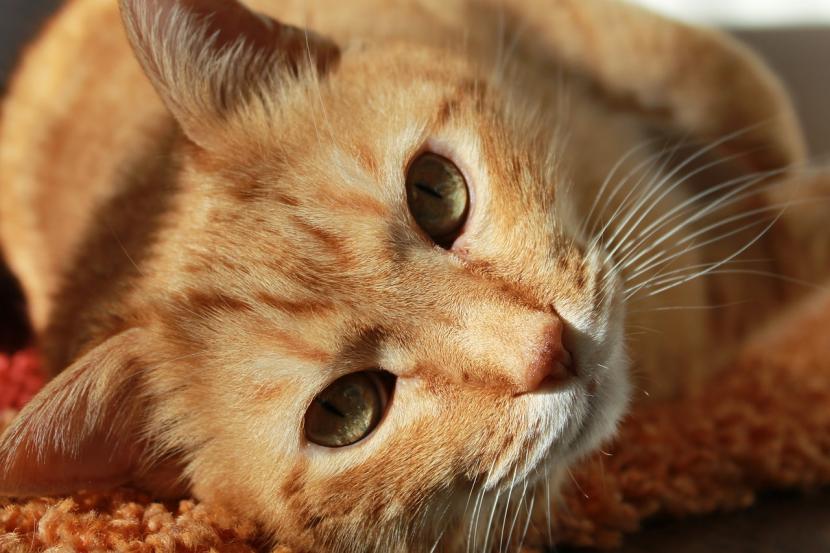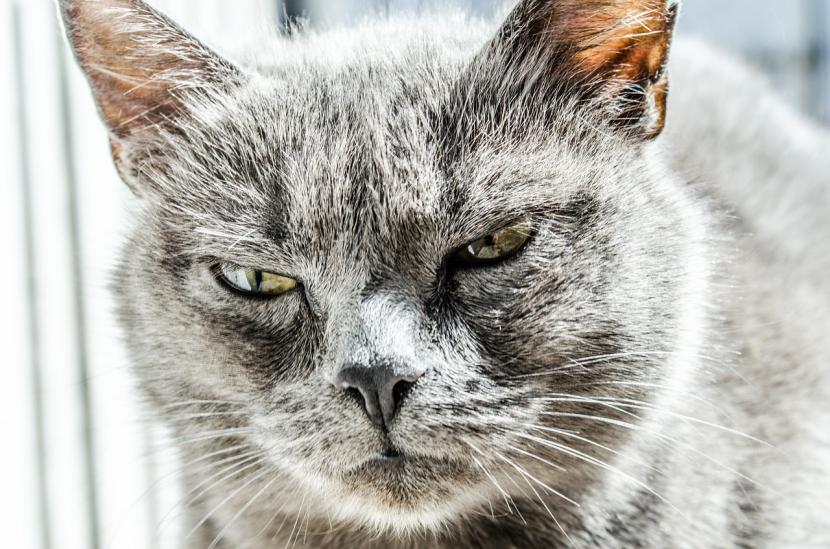
All of us who have a cat (or several) worry about them, and we do not want them to get sick or anything bad happens to them. Especially when they are still puppies, your immune system may be weakened much to the point of endangering the life of the animal.
One of the most feared diseases is feline parvovirus. It is very common in cats, so we are going to explain to you how to know if my cat has parvovirus.
What is parvovirus?
Feline parvovirus, also called feline distemper, is a disease transmitted by a virus: panleucopemia. It is very contagious, since this is a virus that is found in the environment and, therefore, all cats are exposed at some point. It is highly recommended (in fact, it is mandatory in many countries such as Spain) to vaccinate against the virus when it is a kitten, as progress very quickly destroying rapidly dividing cells, such as those found in the intestines or bone marrow. Besides, also can cause abortionsas it affects developing fetuses.
Symptoms of parvovirus
To know if our cat has been infected we will have to observe some of these symptoms in it:
- Depression: you will begin to feel without wanting anything, being able to spend long periods in the same place without moving.
- Fever: when the virus has infected the body, it will try to eliminate it by causing a rise in body temperature.
- Vomiting: They are very common. If they are yellowish or even bloody in color, you probably have parvovirus.
- Diarrhea: Like vomiting, if your stools are soft and there are also traces of blood, it is because your health has weakened.
- Loss of appetite: you can spend several minutes in front of the feeder without eating anything.
- Runny nose: nasal secretions are very common, so if they are also accompanied by the aforementioned symptoms, you will have to worry.
- Dehydration: When vomiting and having diarrhea, the loss of water is noticeable.

If your cat has several of the symptoms, you have to go to the vet as soon as possible to examine him and give him the most appropriate treatment. Only then can he recover.